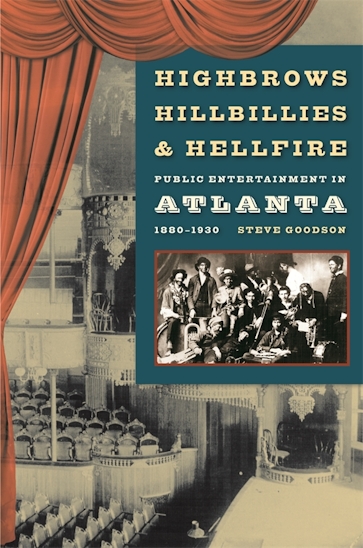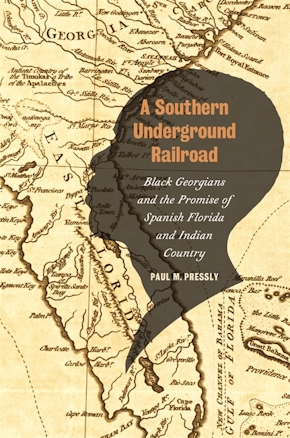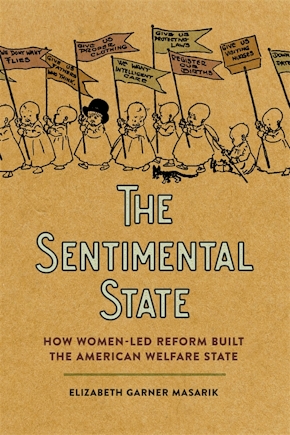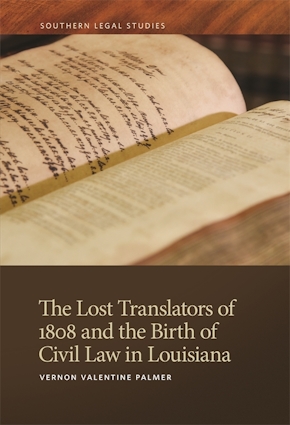Highbrows, Hillbillies, and Hellfire
Public Entertainment in Atlanta, 1880-1930
Title Details
Pages: 272
Illustrations: 8 b&w photos
Trim size: 6.000in x 9.000in
Formats
Paperback
Pub Date: 05/01/2007
ISBN: 9-780-8203-2930-7
List Price: $30.95
Other Links of Interest
Highbrows, Hillbillies, and Hellfire
Public Entertainment in Atlanta, 1880-1930
Skip to
- Description
- Reviews
- Awards
From the end of Reconstruction to the eve of the Great Depression, Atlanta was the New South's "Gate City." Steve Goodson's social and cultural history looks at the variety of public amusements available to Atlantans of the day, including theater, vaudeville, dime museums, movies, radio, and classical, blues, and country music. Revealed in the ways its people embraced or condemned everything from burlesque to opera is an Atlanta unsure of its identity and acutely sensitive of its image in the eyes of the nation.
While the general populace hungered for novelty and diversion, middle-class Atlantans, white and black, saw entertainment as a source of—or threat to—status and respectability. Goodson traces the roots of this tension to the city's rapid and problematic growth, its uncomfortably diverse population, and its multiplying ties to national markets. At the same time he portrays some lively individuals who shaped Atlanta's entertainment scene. Among them are impresario Laurent DeGive, tightrope walker Professor Leon, patent-medicine salesman Yellowstone Kit, country music great Fiddlin' John Carson, and blues legends Bessie Smith and Blind Willie McTell. Goodson also brings alive the atmosphere of such venues as DeGive's resplendent Grand Opera House, George Johnson's tacky Museum of Living Wonders, the pioneering Trocadero vaudeville house, and the notorious 81 Theater on Decatur Street, an avenue whose decadent promise rivaled that of Beale in Memphis and Bourbon in New Orleans. Milestone trends and events are also showcased: performances of the play Uncle Tom's Cabin and showings of the film Birth of a Nation, visits by the Metropolitan Opera Company, the debate over Sunday entertainment, the beginning of broadcasts by "The Voice of the South"—radio station WSB—and the rise of Atlanta as the earliest capital of country and blues recording.
Accepted historical views of public entertainment in America suggest that ethnicity and class would be the most pronounced forces shaping this aspect of Atlanta's popular culture. Goodson finds, however, that race and evangelical Christianity also heavily influenced the circumstances in which Atlantans went about their fun. With implications for the entire urban South, this is an engaging look at how and why its major city once grasped at sophistication and progress with one hand while pushing it away with the other.
In this well-written treatment, the author manages to maintain the multiple levels of perspective, never letting anecdote, colorful characters, or scandal—all part of the story—deviate from the chronological momentum.
—Bloomsbury Review
An engaging social history of a city forever torn between boosterism and insecurity, between progress and provincialism.
—Atlanta Journal-Constitution
Goodson's study of amusements in Atlanta during this period provides a fresh perspective on the city's movement toward modernity. . . . The book is a major contribution to the history of amusements, the history of Atlanta, and the history of the New South.
—Journal of Southern History
Goodson's narrative illuminates southern popular culture in a detailed account missing from previous monographs on popular culture. By focusing on a southern city, Goodson does more than simply describe public amusements in the South. He demonstrates how historians must be cautious about assumptions regarding the development of mass culture. . . . Goodson's account of Atlanta and the rise of public amusements is a book that all readers interested in culture should read because it challenges previous assumptions about the evolution of entertainment.
—Georgia Historical Quarterly
Winner
Malcolm Bell, Jr., and Muriel Barrow Bell Award, Georgia Historical Society



